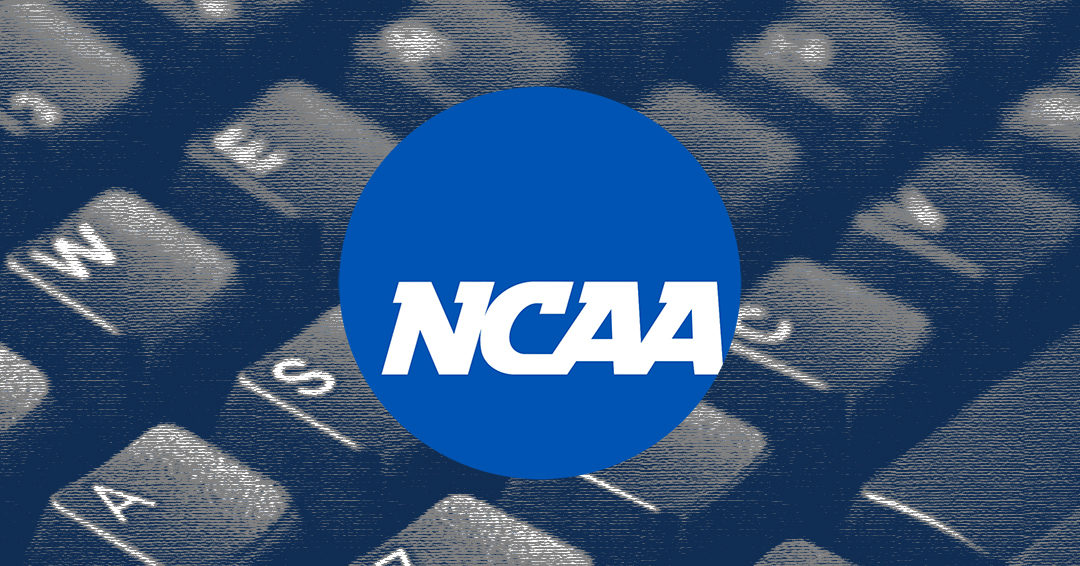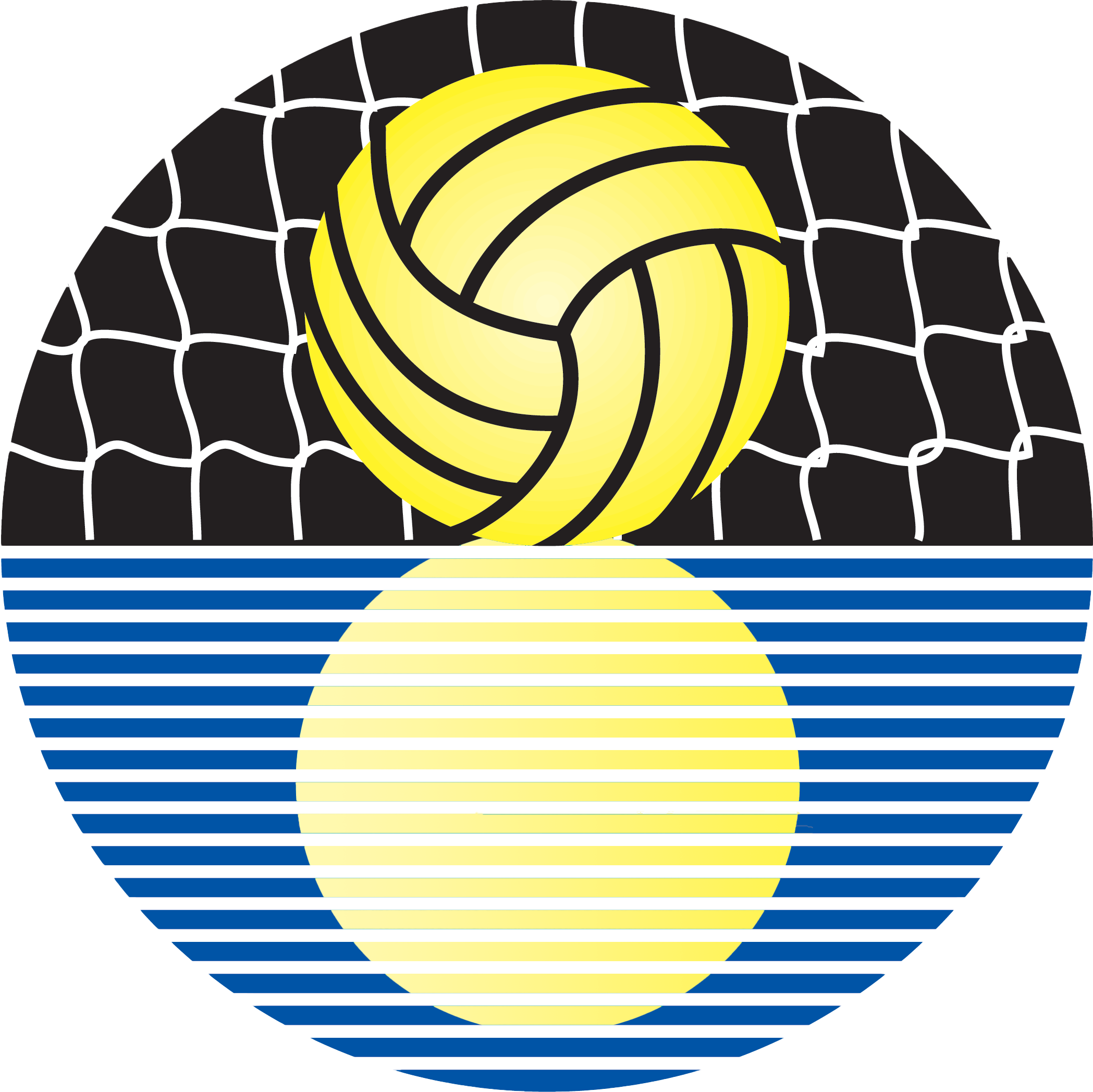BRIDGEPORT, Pa. — Several changes in Divisions II and III came from the the 2019 National Collegiate Athletic Association (NCAA) Convention in Orlando, Florida.
Division III
- Division III members also voted in favor of a proposal that will require Division III schools to report student-athlete graduation rates by June 1 every year. The first reports will be due June 1, 2020. The data — not for public release — will permit schools, via the NCAA Institutional Performance Program, to conduct thorough self-evaluations and benchmark against data from other schools. It also will serve as the basis for evidence-based best practices designed to help cohorts of student-athletes whose graduation rates are found to be trailing those of their peers.
- Members also adopted a proposal that would permit athletics department staff members, including coaches, to publicly act on content posted by prospective student-athletes on social media, such as favoriting or republishing a post. The new rules, effective immediately, will also allow coaches to friend or follow prospective student-athletes on social media platforms. The change makes the relevant Division III legislation more consistent with standards set in Divisions I and II.
- The membership voted to permit prospective student-athletes to receive educational expenses before college from any individual or entity other than an agent, professional sports team or representative of an institution’s athletics interests. Those funds must have been dispersed directly through the recipient’s educational institution (e.g., high school or prep school).
- In addition, the membership voted to expand the exemption regarding experiential learning requirement. The vote allows the application of an exception to the full-time enrollment requirement for student-athletes in their final term who are carrying all courses needed to complete their degree, but have a pending experiential learning requirement (e.g., internship for course credit).
Division II:
- Division II members adopted legislation that will require schools to complete a health and safety survey each year that focuses on the organizational and administrative elements of delivering athletics health care. The survey will be distributed via email by the NCAA each fall. The information collected will be shared through the NCAA Institutional Performance Program, providing Division II administrators the ability to compare their school’s health care delivery with their peers’ programs. The membership approved delaying the effective date for a penalty for failing to complete the survey, which is expected to take 45-60 minutes to finish. Beginning in 2022, annual Division II enhancement funds will be withheld from schools that fail to complete it. The survey will be modeled off an annual Division I survey, now in its second year. Administered by the NCAA Committee on Competitive Safeguards and Medical Aspects of Sports, the survey collects information on the resources, policies and procedures schools have in place for athletics health care delivery.
- Members voted to increase the time allowed for team activities outside the playing season for all sports but football from two hours to four hours a week. The proposal will allow student-athletes more time with their coaches and teammates. The sponsors emphasized that the legislation is permissive and is intended to allow more flexibility for teams outside the playing season.
- School medical personnel will now be able to provide athletic training support or medical services to student-athletes who are competing unattached from the school at a competition site.
- International students who participated in organized athletics competition while on active duty in their country’s military will no longer be charged a season of competition, an exemption that was already in place for the United States and Canadian armed services. The new legislation also exempts athletics participation that occurs during time spent on official religious missions or while serving recognized foreign aid services of the United States government.
- Division II will have a new method for the annual certification of coaches, replacing its national standardized exam with a requirement to complete interactive modules in the new online education program, Division II University. Division II University launched in spring 2018 as a voluntary resource for Division II members with more than two dozen interactive modules addressing key rules and issues. The new legislation requires all paid and volunteer coaches to complete selected modules in the program each year before they can recruit off campus and direct, supervise or observe countable athletically related activities. The legislation will be effective April 1, 2019, giving coaches more than two months to complete the required modules to be certified for the 2019-2020 academic year.




